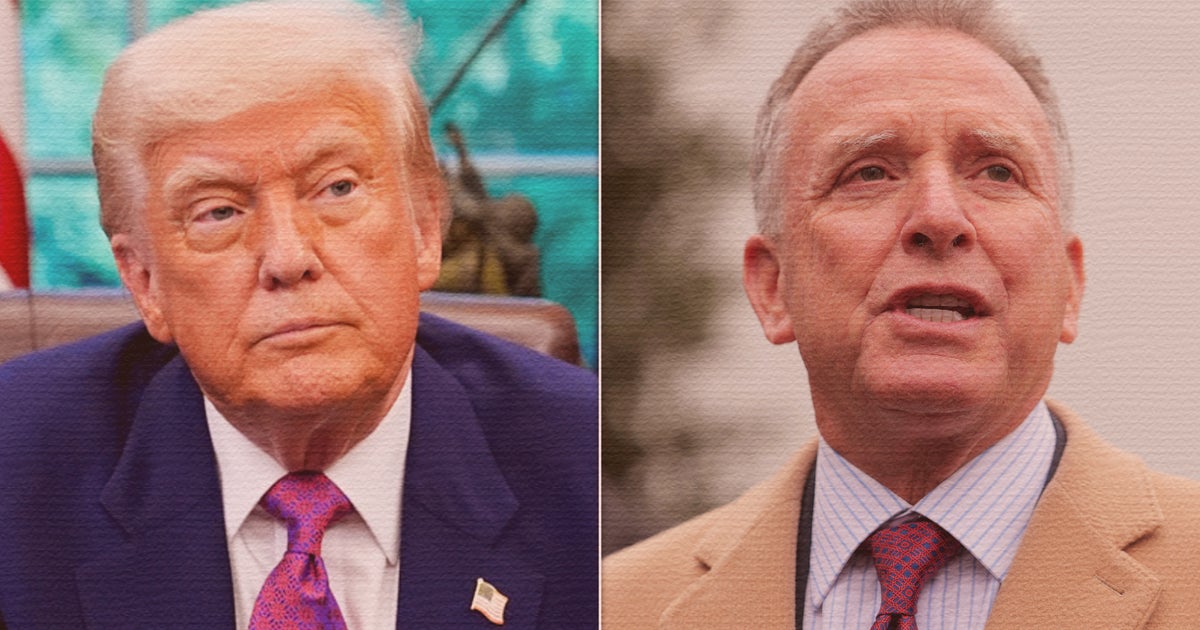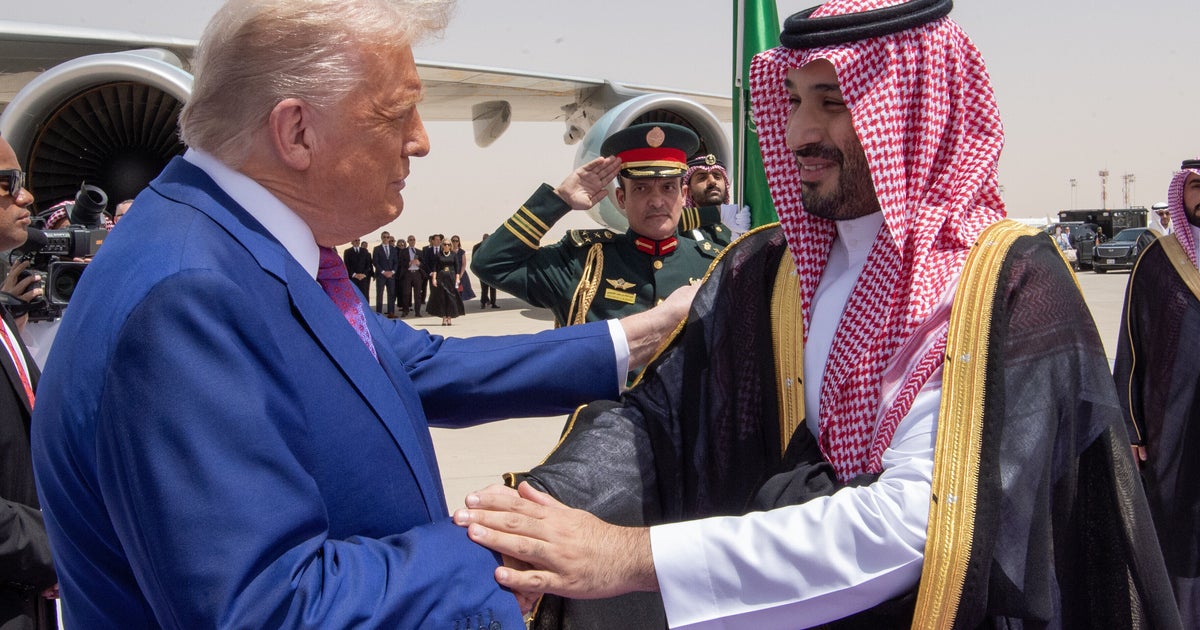Now Reading: A Moment Of Truth In The Middle East For Donald Trump — And Steve Witkoff
-
01
A Moment Of Truth In The Middle East For Donald Trump — And Steve Witkoff
A Moment Of Truth In The Middle East For Donald Trump — And Steve Witkoff

President Donald Trump’s upcoming trip to Saudi Arabia, Qatar, and the United Arab Emirates will showcase the impact of his presidency on the Middle East, a region facing significant challenges. The visit is also significant for Steve Witkoff, Trump’s special envoy for the region, whose strategies will be tested during the trip.
According to experts, this visit represents a crucial moment in the administration’s Middle East policy, especially amidst concerns about China’s influence in the region. Witkoff is seen as a fair negotiator by many regional officials, with a focus on results and a departure from traditional American approaches in the Middle East. However, his unorthodox methods and lack of coordination with other officials have raised concerns about transparency and decision-making processes.
Despite facing criticisms, Witkoff’s efforts have led to successful negotiations, such as securing the release of hostages. His diplomatic engagements with countries like Iran and Syria have been met with both support and skepticism, reflecting the administration’s unconventional approach to foreign policy.
As Trump and Witkoff navigate complex diplomatic challenges in the Middle East, the region’s stability and U.S. interests hang in the balance. The trip is expected to focus on economic partnerships and investments, but the intertwining of diplomacy with personal interests and potential corruption raises questions about the long-term impact of U.S. policies in the region.






